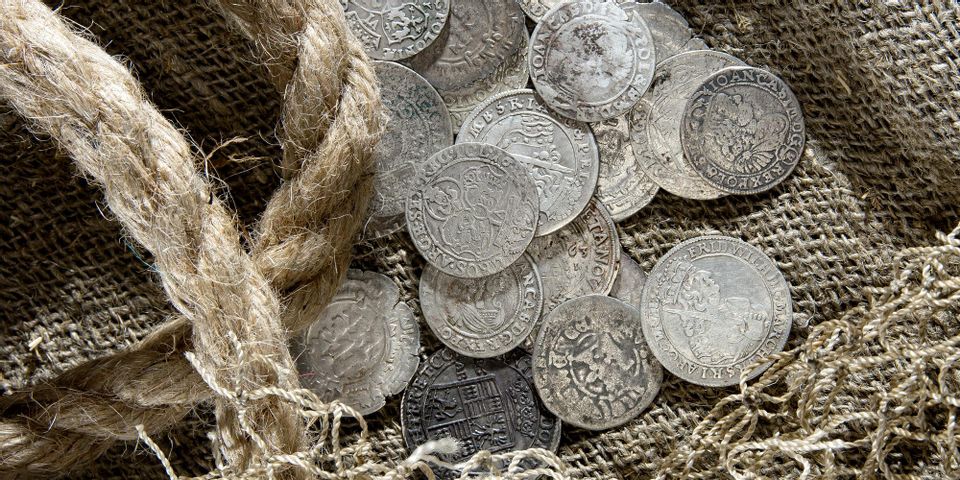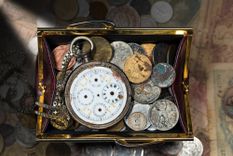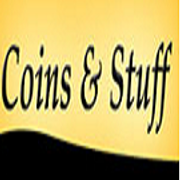
One of the most exciting aspects of coin collecting is owning a piece of history—an item that has lived through iconic periods, passed through hundreds of hands, or endured unique conditions. That’s why coins recovered from shipwrecks are sought-after, even if they’re significantly damaged. If you’re interested in owning one of these gold or silver coins, use these frequently asked questions to learn more.
FAQ About Coins With the Shipwreck Effect
What is the shipwreck effect?
Owning a coin that was recovered from a shipwreck feels a lot like finding buried treasure. While the story itself might be worth your purchase, your coin will also show signs of wear after years spent underwater. The salt and oxygen in the water will have corroded the coin's exterior, and the sand may have left scratches in the metal. Either way, the deterioration is a testament to the coin’s unique history.
How does it affect gold vs. silver coins?
 Although gold is a softer metal than silver, silver coins are usually much more damaged after a shipwreck. That’s because gold isn’t as reactive of a metal—silver is more drastically affected by chemical reactions with salt and oxygen. Since silver shipwreck coins will be ravaged by the salt water, they aren’t subjected to the same grading system as the gold shipwreck artifacts.
Although gold is a softer metal than silver, silver coins are usually much more damaged after a shipwreck. That’s because gold isn’t as reactive of a metal—silver is more drastically affected by chemical reactions with salt and oxygen. Since silver shipwreck coins will be ravaged by the salt water, they aren’t subjected to the same grading system as the gold shipwreck artifacts.
What are the grading standards?
Silver coins simply receive an “environmental damage” tag if they were recovered from a shipwreck. For gold coins, there are four hard grades: A, B, C, and the generic “shipwreck effect.” The A category is reserved for coins with “minimal surface disturbance” and “superior eye appeal,” while the following categories represent increasingly severe saltwater damage. The final category is reserved for coins that can no longer be assessed due to severe saltwater damage.
Can these coins be valuable?
A shipwreck coin’s value depends on many factors, including the popularity of the coin and the date of the shipwreck. In 2013, an 1861 half dollar sold for $1,057.50, and it was in the lowest grading category (Shipwreck Effect). As a general rule of thumb, coins that would normally be considered invaluable are more expensive when recovered from a famous shipwreck. If a popular, valuable coin is damaged by shipwreck, it may be lower in value than usual.
If you’re interested in learning more about these unique gold and silver coins, reach out to Coins & Stuff of High Point, NC. This Piedmont Triad pawn shop carries a wide range of numismatic treasures, and they may be willing to purchase your own collection. They’ve been in business since 1980, and they have over 100 years of combined experience in the industry. To learn more about this trusted shop, visit the website, or call (336) 885-5323 to speak with a staff member.
About the Business
Have a question? Ask the experts!
Send your question

